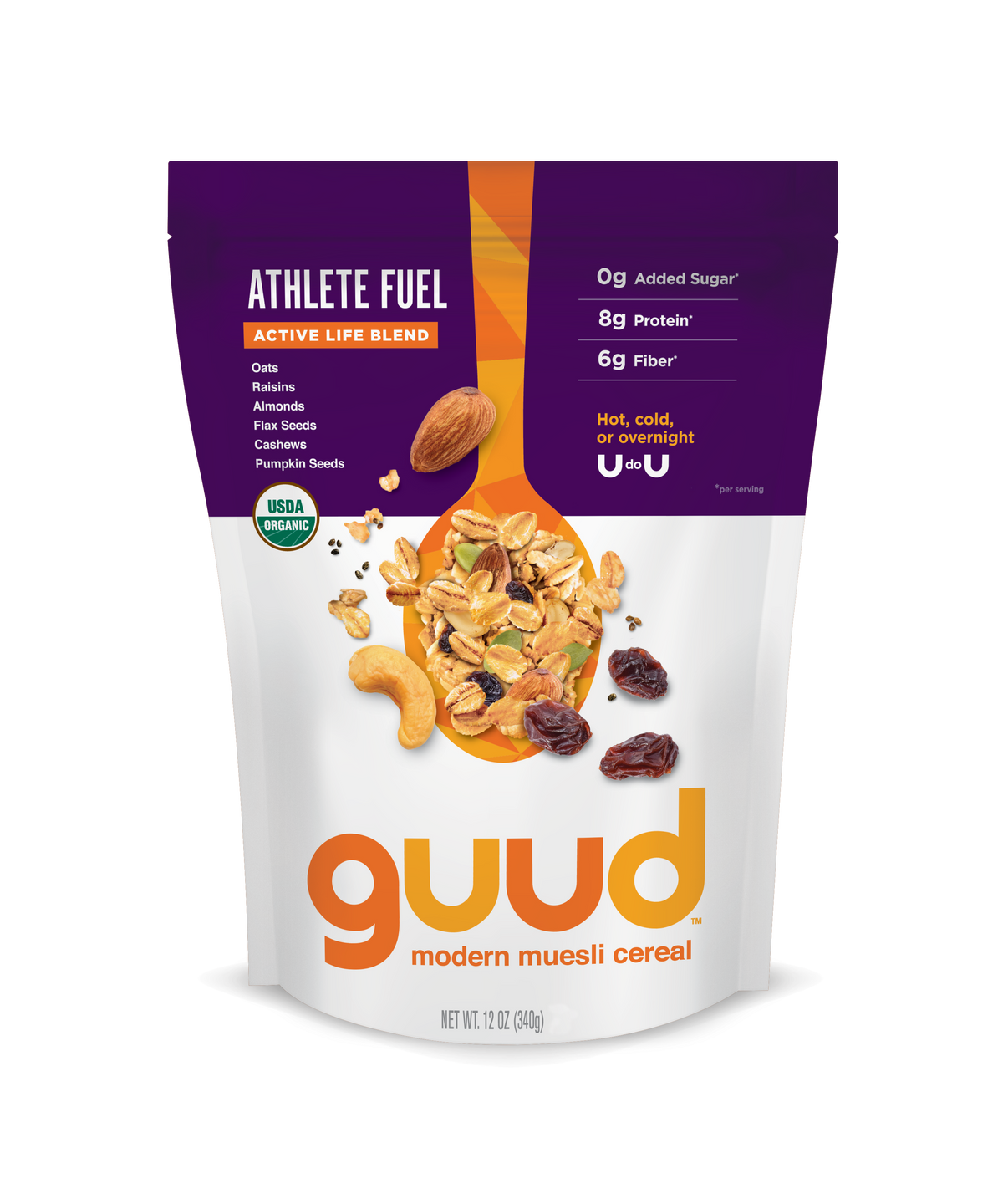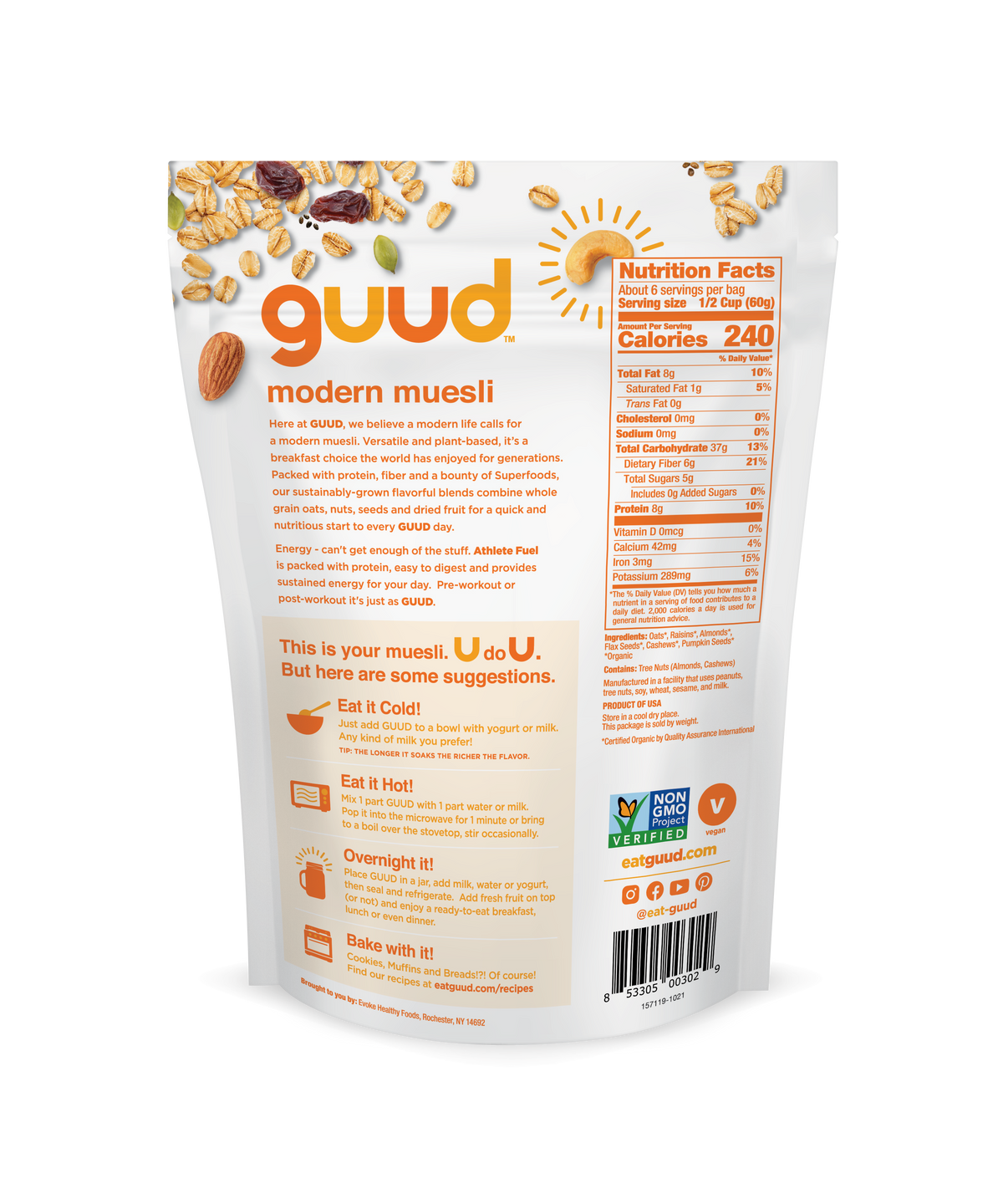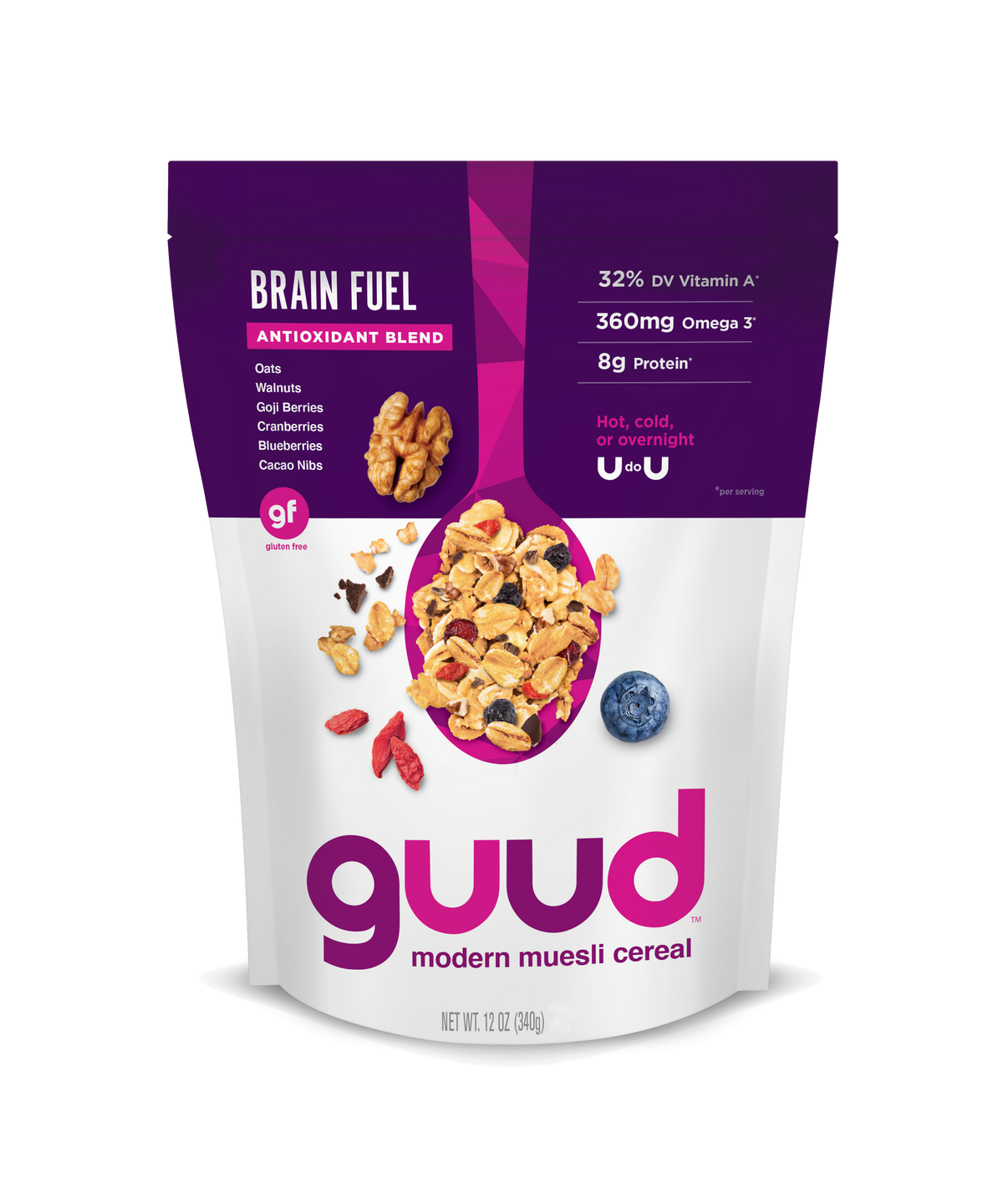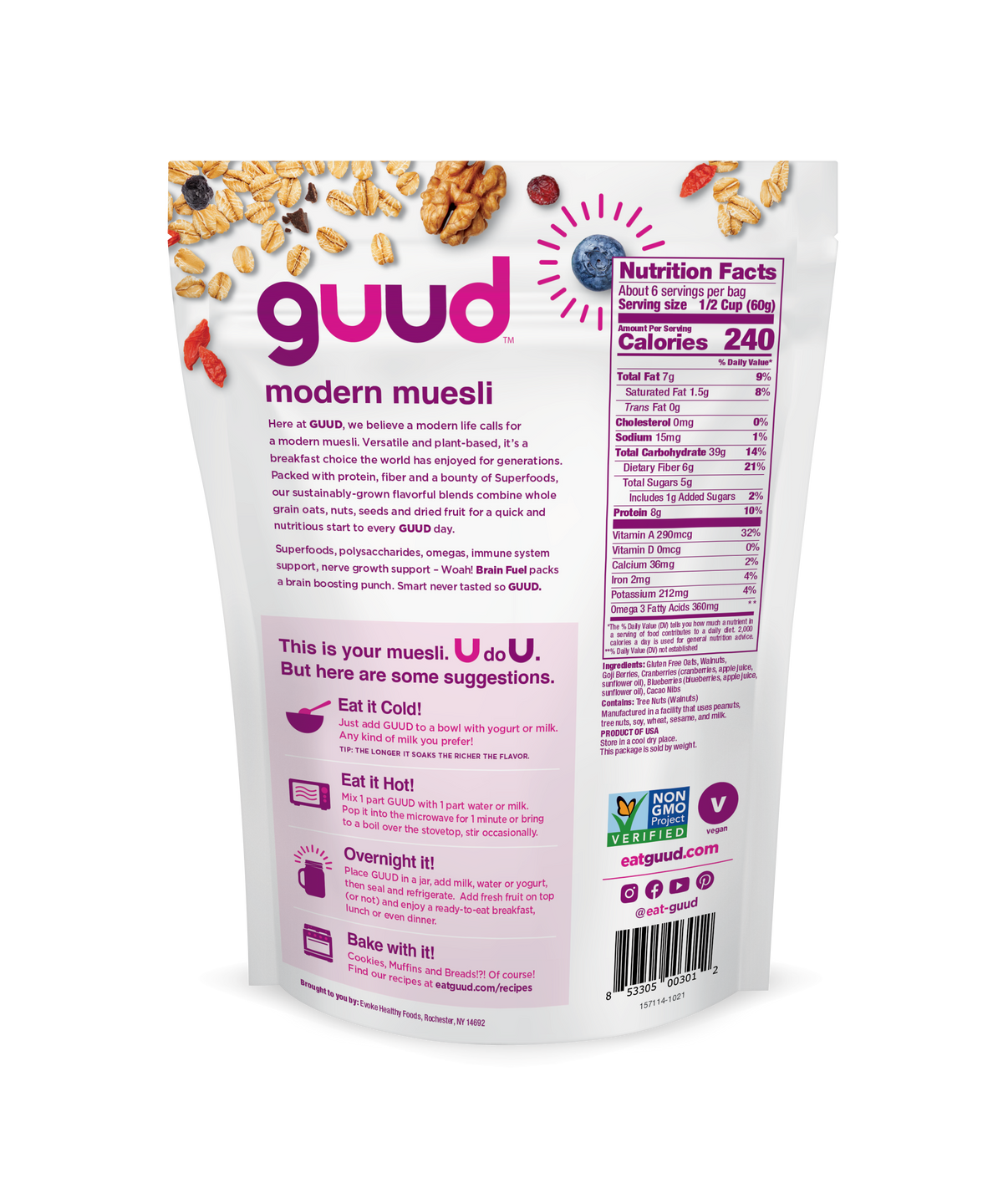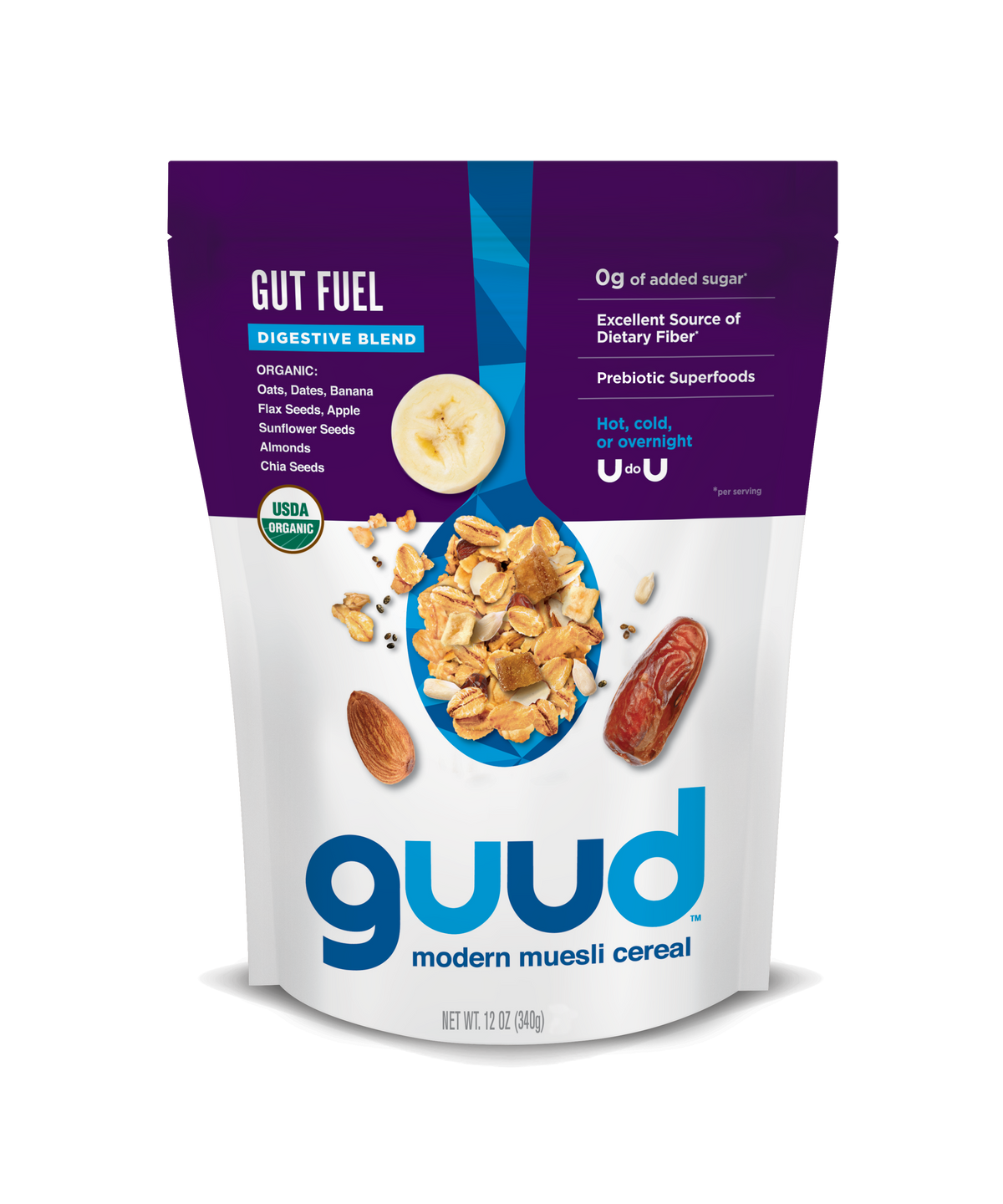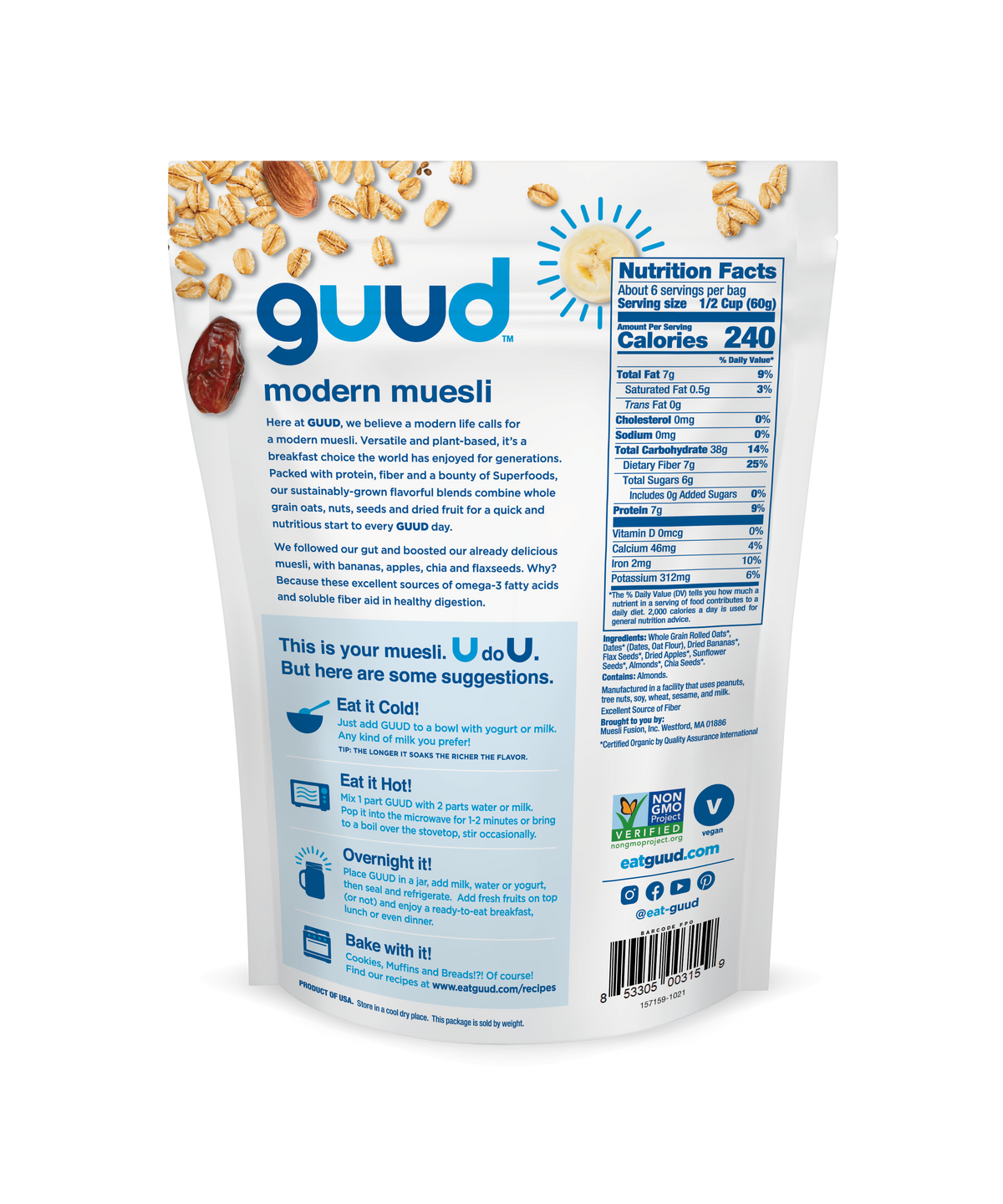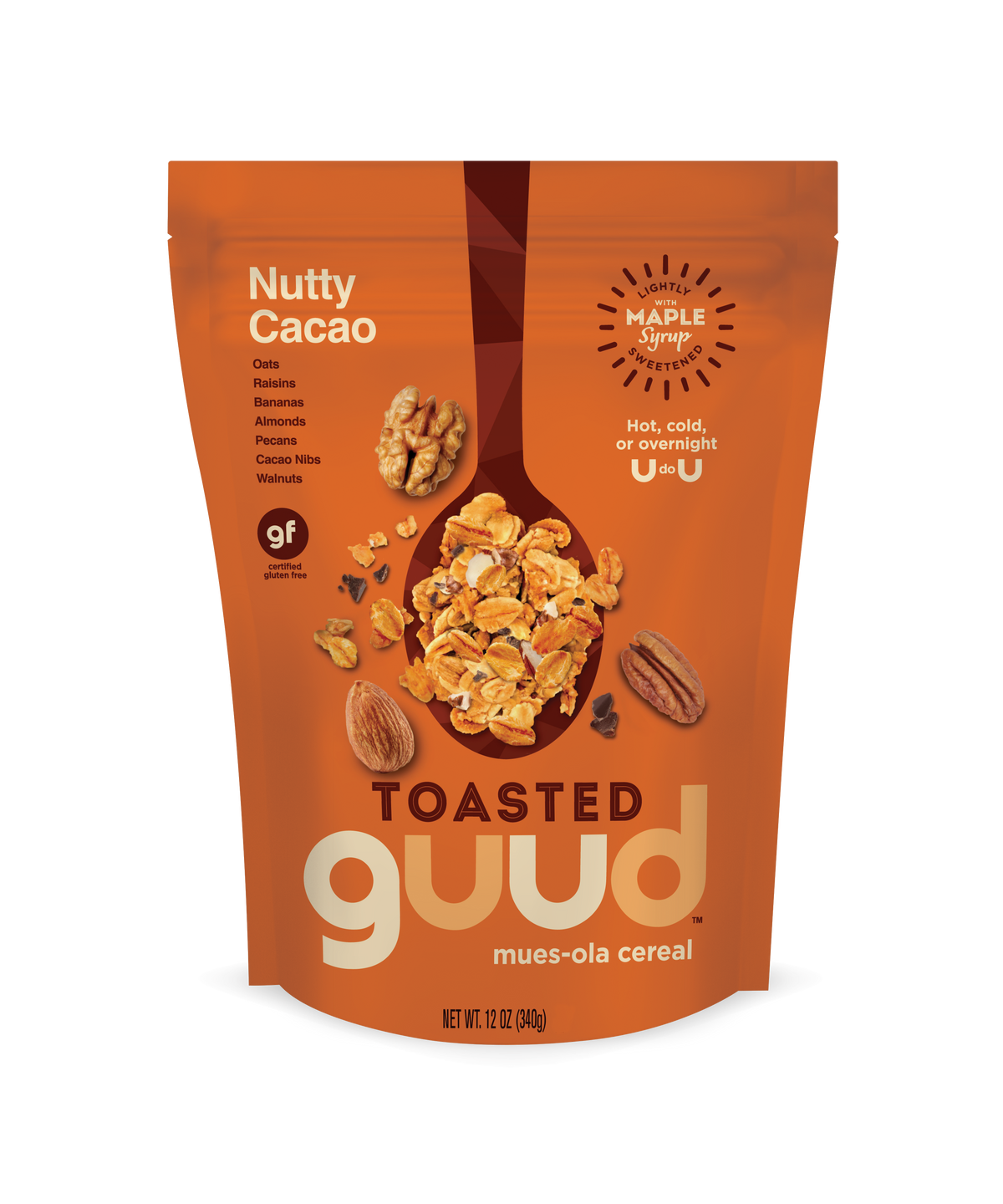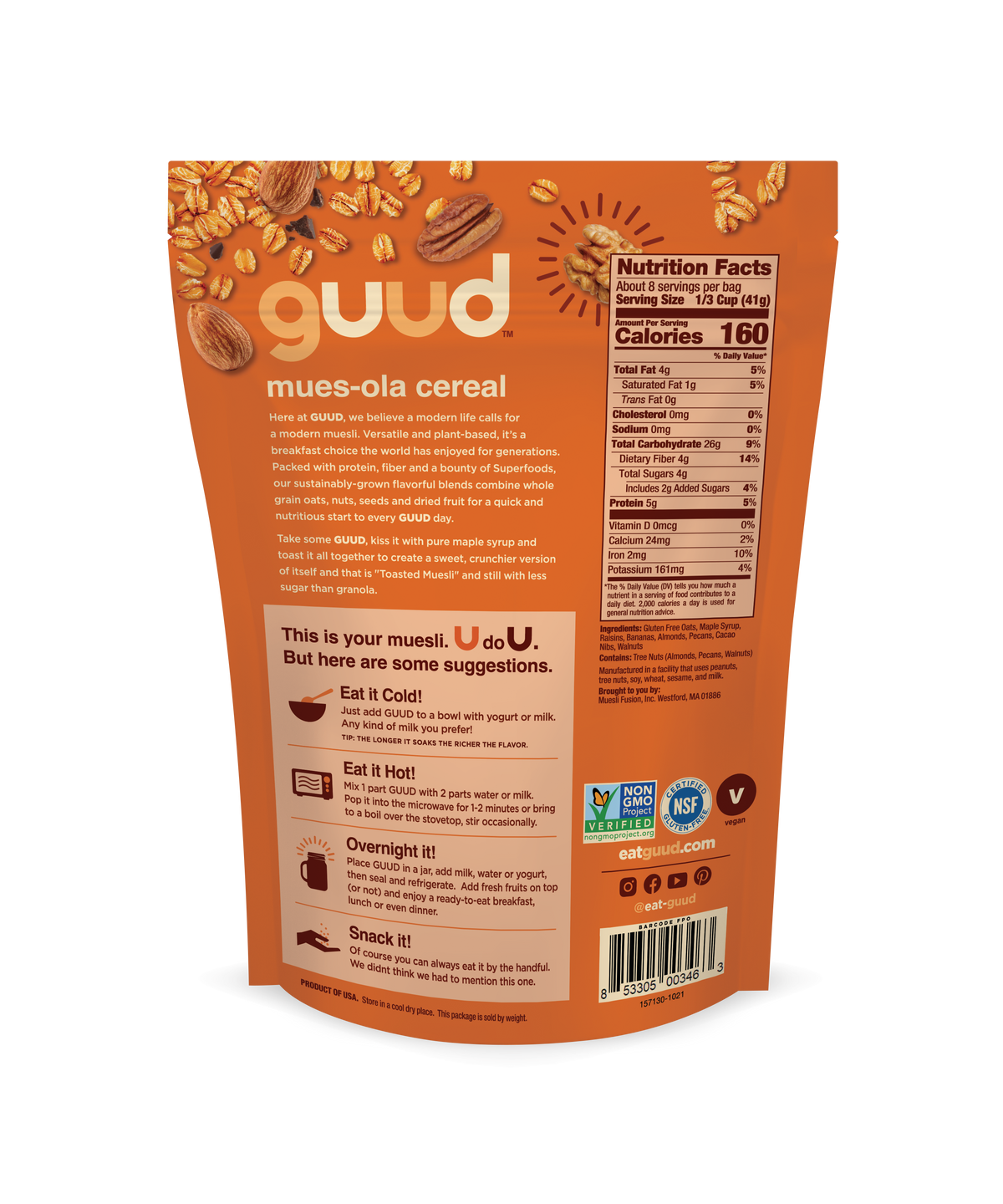Most of us want to have a strong, lean body and energy that lasts all day. To make this a reality, we have to eat in a way that supports a healthy metabolism—meaning a balanced diet that supplies the fuel our cells, organs, muscles, and tissues need.
What type of "fuel" are we talking about? Among the most important nutrients for your metabolism, mindset, and body composition include protein, fiber, B vitamins, and antioxidants. You'll find these in foods including whole grains, nuts, seeds, fruits, vegetables, and legumes.
In this article, we'll share tips for giving your metabolism a natural boost using proper nutrition, plus other lifestyle habits that contribute to overall hormonal and metabolic health.
Metabolism Basics: What It Is and Why It Matters So Much
Your metabolism refers to the set of chemical reactions that take place in your body every day to keep you energized and alive. Every living organism on earth has some sort of metabolism, which involves the conversion of foods into energy. You can thank your metabolism for facilitating your growth, development, maintenance of muscles and bones, and repair of cells and tissues.
Your "metabolic rate" is the amount of energy that your body uses to perform basic functions every day, such as breathing, circulation, cell maintenance, physical activity, digestion, and thermogenesis (heat production). Metabolic rates vary from person to person and are affected by various factors.
How do you know if your metabolism is in trouble, or if you're eating appropriately based on your needs?
You can feel confident that you have a healthy metabolism if these markers apply to you:
- Stable weight: A healthy metabolism can help you maintain a stable weight, particularly if you eat a balanced diet and exercise regularly.
- Steady energy levels: If your body is running smoothly, you should have sustained energy throughout the day and not deal with much fatigue or lethargy.
- Normal digestion: A strong metabolism supports digestive processes and helps nutrients to be absorbed easily, while also eliminating waste.
- Regular bowel movements: If you deal with constipation and bloating frequently, it could be a sign of a sluggish metabolism.
- Healthy blood sugar levels: Your metabolism depends heavily on your balance of hormones, including insulin, so if it's working well this helps to regulate blood sugar levels and reduce the risk of developing conditions such as insulin resistance/type 2 diabetes.
What Factors Affect Your Metabolism/Metabolic Rate?
Your metabolic rate is influenced by factors including your genetics, gender, body size, body composition, physical activity level, hormones, and diet. The measurement of someone's metabolism is often expressed in terms of the number of calories burned per day, which is known as their basal metabolic rate (BMR).
In terms of how your diet impacts your metabolism, the types of foods you eat (including the macronutrients they provide) and the amount you eat (meaning the number of calories) both matter. For example, diets that include plenty of protein and adequate calories to fuel everyday functions both support a strong metabolic rate. Sugary diets and crash dieting, on the other hand, take a toll on your metabolism by reducing how many calories you burn everyday.
Hormones also play a critical role in regulating your metabolism by affecting energy production, nutrient utilization, and the storage and breakdown of macronutrients.
For example, the thyroid gland produces hormones that regulate your metabolic rate, while insulin that's produced by your pancreas determines how carbohydrates and fats are either stored or used for energy. Cortisol is another important hormone produced by the adrenal glands that is involved in the body's stress response. Cortisol can increase blood sugar levels and your appetite, which is why keeping is balanced is crucial for maintenance of a healthy body composition.

Best Diet for Metabolic Health
Here are some examples of nutrients that support a normal/healthy metabolic rate:
Protein: Protein promotes muscle growth and repair, and muscle tissue requires more energy to maintain than fat tissue. This means the more muscle you have, the more calories you will burn at rest. Protein also has a higher thermic effect than carbohydrates or fat, which means that it requires more energy to digest and metabolize.
Fiber: Fiber regulates digestion and elimination while also promoting feelings of fullness. The more fiber you eat from healthy foods, the less hungry you'll likely be for junk foods. Foods high in fiber also have a relatively low glycemic index, which means that they are digested and absorbed more slowly than high-glycemic index foods (like white bread and sugar).
Essential vitamins and minerals: Nutrients that our bodies cannot make on their own and that we need from foods to survive are said to be "essential." These include B vitamins, iron, and magnesium, all of which are necessary for various metabolic functions. Eating a varied diet that includes foods high in these vitamins and minerals facilitates metabolic functions, such as the conversion of nutrients into energy and formation of proteins from amino acids. For example, B vitamins help turn carbohydrates, fats, and proteins into ATP (adenosine triphosphate), the body's primary energy source, while also creating red blood cells and transporting oxygen throughout the body.
Antioxidants: Antioxidants protect cells and tissues from damage caused by free radicals, support immune function, and reduce markers of inflammation. They also protect the gut lining from damage and reduce the risk of many chronic diseases. Additionally, antioxidants support energy metabolism by protecting mitochondria, which are cells' "powerhouses" that produce energy.
Water: Staying hydrated is essential for many metabolic processes including detoxification and elimination, while dehydration can lead to fatigue, constipation, and weakness. While caffeine, such as from green tea or coffee, can also have a metabolic-boosting effect, it's important to balance caffeine with enough hydrating fluids.

Now that you know which nutrients are needed for metabolic functioning, let's look at food groups that can help provide the types you need:
- Foods high in protein: Protein is essential for building and repairing muscle tissue, which can help boost your metabolism, since muscle need energy to be maintained. Good sources of protein include lean meats, fish, poultry, beans, nuts, seeds, and tofu.
- Whole grains: Whole grains are a good source of complex carbohydrates, which provide sustained energy and can help regulate blood sugar levels. Good sources of whole grains include 100% rolled oats, brown rice, quinoa, buckwheat, and 100% whole wheat bread.
- Fruits and vegetables: Fruits and vegetables are high in antioxidants, fiber, vitamins, and minerals, all of which fight oxidative stress, support gut health, and contribute to hormonal balance. Diets high in fruits and veggies are linked to protection against obesity, healthy body composition, and protection against heart diseases and diabetes. Aim to include a variety of colorful fruits and vegetables in your diet each day, such as berries and leafy greens.
- High-fiber foods: Fiber plays an important role in the body's metabolism by promoting satiety (fullness), enhancing nutrient absorption, and promoting gut health. Some fibrous foods are also prebiotics which "feed" beneficial probiotic bacteria in the gut, thereby supporting immune defenses and hormone production. Oats are one example of a food with both soluble and insoluble fiber. The soluble fiber in oats, beta-glucan, has been shown to help reduce cholesterol levels, improve insulin sensitivity, and promote feelings of fullness. The insoluble fiber in oats can also help to promote regular bowel movements and support digestion.
- Healthy fats: Fats are needed to absorb certain vitamins (like vitamins A, D, E, and K) and to help us feel full. Fats also support the production of various hormones, such as estrogen. Foods that provide healthy fats include nuts, seeds, coconut, avocado, olive oil, and fatty fish like salmon.
- Spicy foods: Some spices and herbs, such as cayenne pepper, ginger, horseradish, mustard seed, and cinnamon, increase calorie burning. For example, capsaicin, the compound that gives cayenne pepper its spicy flavor, has been shown to increase metabolic rate and fat burning because it has a warming effect in the body once consumed.
- Superfoods: To boost your consumption of antioxidants, add superfoods to your diet, which are dense in anti-inflammatory compounds. Some of the best types are turmeric, cocoa, acai, goji berries, algae like spirulina, and matcha green tea.
- Processed and high-sugar foods: Refined foods and those high in added sugar (such as most cereals, granola, cookies, desserts, and chips) can cause spikes in blood sugar levels and lead to insulin resistance over time. This can slow down your metabolism and contribute to weight gain.
- Refined ("simple") carbohydrates: Like sugar. foods that are high in simple carbohydrates, such as white bread, pasta, and white rice, disrupt blood sugar levels and make it easy to over-eat and put on excess weight.
- Trans fats: Trans fats, which are often found in processed and fried foods such as baked goods and margarine, have been shown to disrupt metabolic processes and increase the risk of heart disease and other problems related to inflammation.
- Alcohol: Drinking alcohol in excess can slow down your metabolism and contribute to weight gain, inflammation, and poor gut and digestive health.

When creating GUUD muesli products, we specifically aim to deliver the nutrition you need to feel full and energized. We like to say that our cereal is the best "first meal of the day" you can have, and we really mean it!




